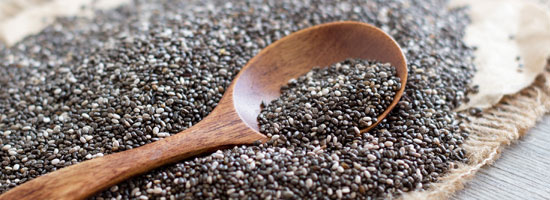
If you’ve had to deal with hemorrhoids, take comfort in knowing there are some things you can do after treatment to keep . Since one of the common causes of hemorrhoids is constipation, a good place to focus your efforts is on the foods you plan to eat. Here are ones you’ll want to eat more often if you want to keep hemorrhoids from making a return visit.
1. Fruit
From peaches and berries to apricots and plumbs, there are many colorful and flavorful fruits you can add to your diet to up your fiber intake and prevent flare-ups or recurrence. You can get even more fiber from fruit if you eat the peels – something you can do with apples, oranges, and even kiwis and mangoes.
2. Whole Grains
You’ll want to avoid white flour and white rice if you’ve had previous issues with hemorrhoids due to constipation. But you can enjoy some fiber-rich whole grains. Options include quinoa, barley, rye, brown rice, and oats.
3. Veggies
The leaves, stalks, and roots of many vegetables are overflowing with fiber. Acorn squash, green peas, broccoli, parsnips, carrots, and collard greens are just some of the many veggies you can eat to get a fiber boost. Cucumber peels and potato skins are also excellent sources of dietary fiber!
4. Seeds
What’s great about fiber-rich seeds is the many ways they can be incorporated into your diet. Chia, ground flax seeds, and psyllium are among the options you have with seeds as a reliable source of fiber. They can be sprinkled on top of salads, in smoothies, or even on top of yogurt – go a step further and opt for yogurt with probiotics (live bacteria) if you want an extra digestive system booster.
5. Nuts
Walnuts and almonds, in particular, are especially high in fiber. Plus, nuts have strong anti-inflammatory properties, which could minimize issues with tissue swelling in the area(s) where you had previous problems with hemorrhoids. Pistachios, hazelnuts, peanuts, pecans, and macadamias also have high fiber contents per one-ounce serving.
Making healthy diet changes in the new year is a good starting point when it comes to reducing your risk of developing hemorrhoids again. What’s more, adjusting the way you eat can also contribute to weight loss, which is also a good way to keep hemorrhoids at bay. Additionally, it can be helpful to add drinking more water, avoiding long periods of sitting, and getting 20-30 minutes of moderate daily exercise to your to-do list.
